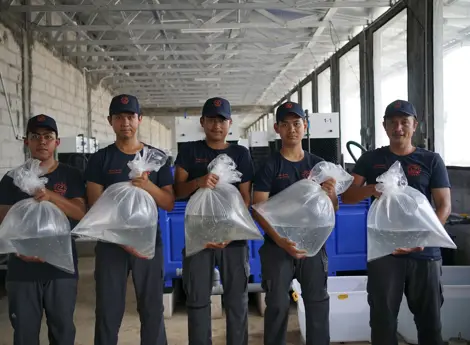
Our sustainability journey
Contributing to a more secure and sustainable food system
 Our sustainability journey
Our sustainability journey
Sustainability is taking on a growing and more meaningful role within De Heus. We have come a long way, from starting our sustainability journey a few years ago, to currently fully embedding sustainability into our business strategy. As De Heus, we believe in sustainable growth, where business success and creating a positive and lasting impact go hand in hand. Time to reflect on our ongoing path toward sustainability.
Several years ago: introduction of our Responsible Feeding Programme
To safeguard our contribution to the availability and accessibility of safe, affordable and nutritious food, we developed our own long-term sustainability programme, named ‘Responsible Feeding’. This programme helps us mitigate the negative impact of our operations across the supply chain and seize opportunities to create value for farmers, communities, and other stakeholders. ‘Responsible Feeding’ is based on four key pillars that cover De Heus' activities and our role in the food production supply chain.
- Contribute to the availability and accessibility of safe, affordable and nutritious food
- Reducing supply chain risks
- Creating value for farmers and communities
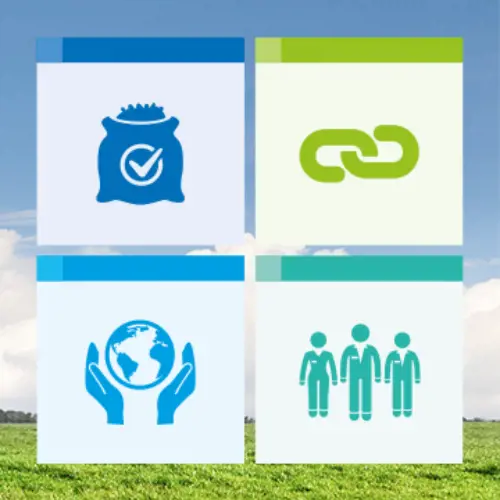
2022: Materiality assessment to identify the most pressing sustainability topics
In 2022, we conducted a materiality assessment to identify and prioritise the most relevant sustainability topics for De Heus. This was based on GRI principles and the draft European Sustainability Reporting Standards (ESRS) guidance on double materiality. The findings of the analysis enabled De Heus to make well-considered decisions in prioritising topics to create the desired impact on its employees, customers, within the value chain and the environment.
- Focused on what matters most through double materiality insights
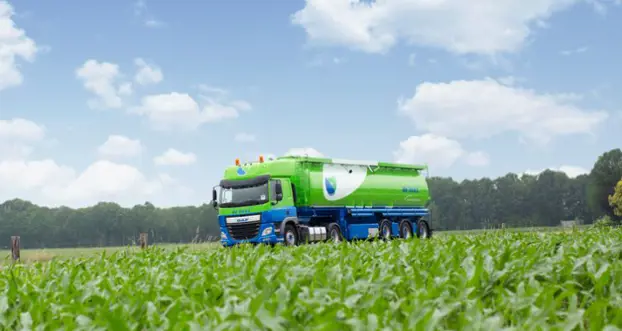
2023: Focus on progress tracking
In 2023, we focused on building a robust data management system to better track and manage the progress of our sustainability efforts across our ten prioritised topics. A major milestone was the introduction of a centralised data collection tool and dedicated sustainability dashboards, which now help us monitor performance, identify trends, and take targeted action. To ensure data quality and consistency, we established a structured process for collection, validation, and, increasingly, automation.
- Centralised data
- Clear insights
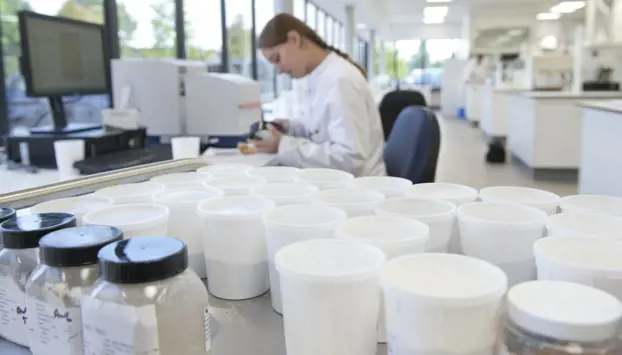
2024: Setting Green Goals
In 2024, we defined a green goal for each priority topic. You can find more about our priority topics on the pillar pages: Feed for Food, Sustainable Supply Chain, Thriving Employees, and Fostering Communities.
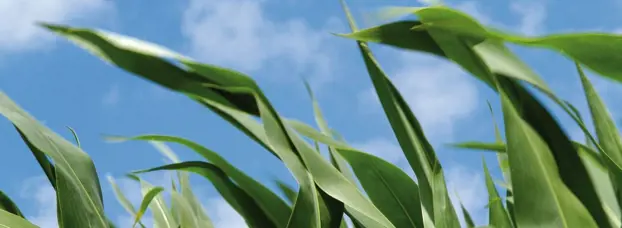
2024: Conducting our double materiality assessment
As starting point for the sustainability report, we decided to update our materiality assessment in 2024 by conducting a double materiality assessment based on the ESRS guidance and requirements.
- Enhanced transparency
- Regulatory compliance
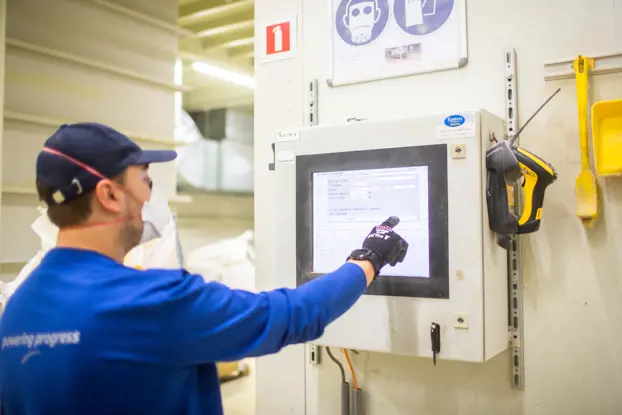
2025: Our approach to ESRS alignment in a changing EU legislative landscape
Over the past year, we have intended to align our reporting approach with the European Sustainability Reporting Standards (ESRS), anticipating upcoming regulatory requirements from the CSRD. On 3 April 2025, the EU Parliament voted to postpone the EU laws on sustainability reporting requirements and due diligence (EU Omnibus Legislation).As a result, the timeline for the application of the CSRD has been delayed by two years for the second and third groups of companies subject to the regulation (to which De Heus belongs to). This evolving regulatory environment creates a degree of uncertainty regarding the precise reporting requirements that will be in place when CSRD becomes mandatory for De Heus to report in 2028, covering the 2027 financial year. In preparing this year’s report, we have followed the principles and architecture of the ESRS, using them as a guiding vision for structuring our content and assessing our priorities. While we have not yet mapped our priority topics to the corresponding topical standards, this approach reflects our commitment to transparency and best practices. Given the evolving regulatory landscape in which standards may well change in the coming years, we do not currently claim full compliance with all ESRS requirements. We remain committed to continuously strengthening our reporting and sustainability management processes.
- Guided by ESRS principles, prepared for CSRD

CSR documents and publications
Explore the key document that reflects De Heus’ strategic approach to Corporate Social Responsibility.





